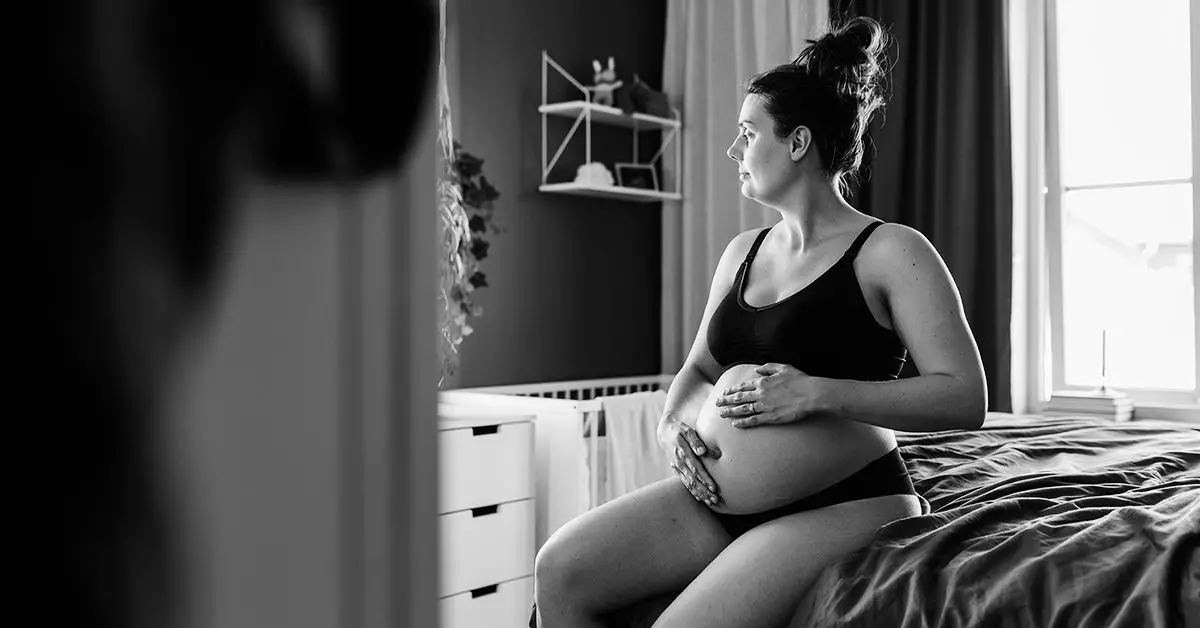Conjunctivitis, also known as pink eye, is a common eye condition that causes irritation and discomfort. It occurs when the thin membrane covering the whites of the eyes and the inner eyelids becomes inflamed. While conjunctivitis can be caused by allergies or infectious viruses and bacteria, it is not typically harmful during pregnancy.
One of the common causes of conjunctivitis is viral infection, which accounts for around 80% of cases of acute conjunctivitis. Bacterial conjunctivitis can be caused by direct contact with certain types of bacteria, such as Staphylococcus aureus and Haemophilus influenza. Allergic conjunctivitis, on the other hand, is triggered by an immune response to allergens such as pollen or dust mites.
Symptoms of conjunctivitis often affect both eyes and may include redness, itchiness, swelling, and discharge. Pregnant individuals may be at a higher risk of developing infections, including infective conjunctivitis, due to changes in their immune response during pregnancy.
Doctors consider conjunctivitis during pregnancy to be a minor ailment that does not pose a significant risk to the pregnant person or fetus. Nonpharmacological treatments such as washing the eyelids with clean water, using cool compresses, and avoiding eye makeup can help manage symptoms. If these measures are not effective, medication may be necessary.
For viral conjunctivitis, there is no specific treatment as the body can usually clear the infection on its own within 7 to 14 days. Bacterial conjunctivitis may require antibiotics, such as chloramphenicol eye drops, which are considered safe during pregnancy. Allergic conjunctivitis can be managed by avoiding the allergen and using antihistamines like cetirizine or loratadine.
Preventing Conjunctivitis
To prevent conjunctivitis, individuals should wash their hands frequently, avoid touching their eyes, and refrain from sharing personal items like washcloths and eye drops. Contact lens wearers should follow proper hygiene practices to reduce the risk of infection. Avoiding allergens and maintaining a clean environment can help prevent allergic conjunctivitis.
It is essential to contact a doctor if conjunctivitis symptoms persist for more than 7 days or if there are additional symptoms such as spots on the eyelids. Pregnant individuals should inform their doctor of their pregnancy when seeking treatment for conjunctivitis to ensure the safest and most effective care.
Conjunctivitis is a common and usually easily treatable condition that is not typically harmful during pregnancy. By understanding the causes, symptoms, treatments, and prevention methods for conjunctivitis, pregnant individuals can effectively manage this eye condition without posing risks to themselves or their fetus. Consulting a healthcare professional is always recommended for proper diagnosis and treatment of conjunctivitis during pregnancy.

